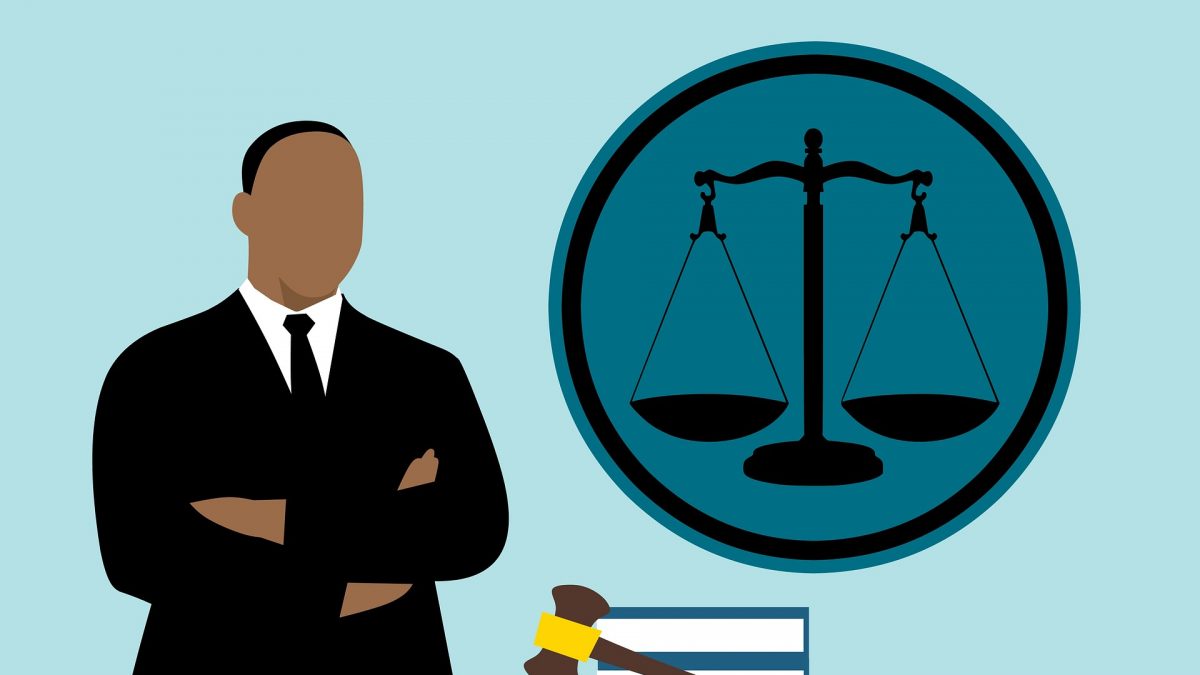
How To Manage Finances If Your Company Doesn’t Work With Cash
May 31, 2022
What You Need to Know About Becoming a Lawyer
June 1, 2022For lawyers, resilience is essential. They will inevitably endure failures and hurdles throughout their lives. Well, this is the essence of the legal profession: two attorneys compete in the court, and only one of them wins. Lawyers feel differently in a winner-take-all situation. They may be overwhelmed, despondent, and exhausted. Or they grow resilient, learning from failure while without taking it personally.
In psychology, resilience means not only overcoming stress, but also its consequences – it is the ability to quickly get in shape, restore your strength, constructively accept the situation, learn from it and adapt. Resilience gives the lawyer many advantages, not only in a psychological sense. The ability to view one’s mistakes as a learning experience, to think differently, to understand the limits of one’s abilities and areas of control: all this leads to a top-notch career, more complex and interesting tasks, and, in general, to a rich professional life.
How to cultivate emotional flexibility in yourself?
#1. Reward yourself for success and failure. Rewarding yourself helps not to lose heart and force the brain to tune in to new success. Just don’t forget that the reward should be commensurate with the task performed. Save big rewards for big goals.
If you have been dreaming about a gadget for a long time, get it for, say, a week of work without errors. If you have successfully closed the case, allow yourself something more impressive, say, a piece of interior or outdoor furniture. Something like outdoor dining table Dubai – outdoor furniture is not only comfort, but also potential gatherings with friends and fellow lawyers for brunch.
#2. Make time for yourself. Any job requires rest and recovery time. Experts advise establishing and sticking to a schedule in which time will be devoted not only to work, but also to taking care of yourself. Rest can be productive too. Hobbies and other activities are not just child’s play or activities that should be postponed until retirement. They are crucial for creativity and well-being. Not only do they give you a break from work (or take your mind off work), but they also engage all parts of your brain, interact with others in different ways, see things from a different perspective, and come up with new, effective solutions to problems.
#3. Look at familiar things from the other side. The glass can be half empty or half full, or a problem can be an opportunity – it just depends on the assessment. So we advise asking the question, “What else could it be?” to change the way you see things.
If you look at a stressful situation as an opportunity, you’ll see its potential positive outcomes and use them for good. So, an unpleasant conversation may be used to practice speaking calmly and confidently with an irate client, which will help you cope with similar circumstances in the future.
#4. Communicate more often – and more productively. Emotional support is a key aspect in developing resilience. The circle of communication and social support can include family members, friends, colleagues, the main thing is the opportunity to trust them, share emotions and discuss the accumulated problems without judgment or negative reactions. It can also be helpful to get out of your comfort zone by joining interest or volunteering clubs. As a result, you will become better at your job, more resilient in communication.
#5. Live in the present. Lawyers inevitably have to “exist in the future” and often think about what this or that situation will lead to. On the other hand, those who experience failure tend to go back in time and question decisions already made. The fear of losing control, the desire to take into account all possible risks, as a result, prevent you from gaining experience “here and now” and solving problems as they arise. Existence in the present can be compared to mountain climbing: a mountain climber needs to focus on each individual step, but not count the distance left to the top, or think about the path already traveled.
Develop your emotional flexibility – thus you can avoid severe stress.





